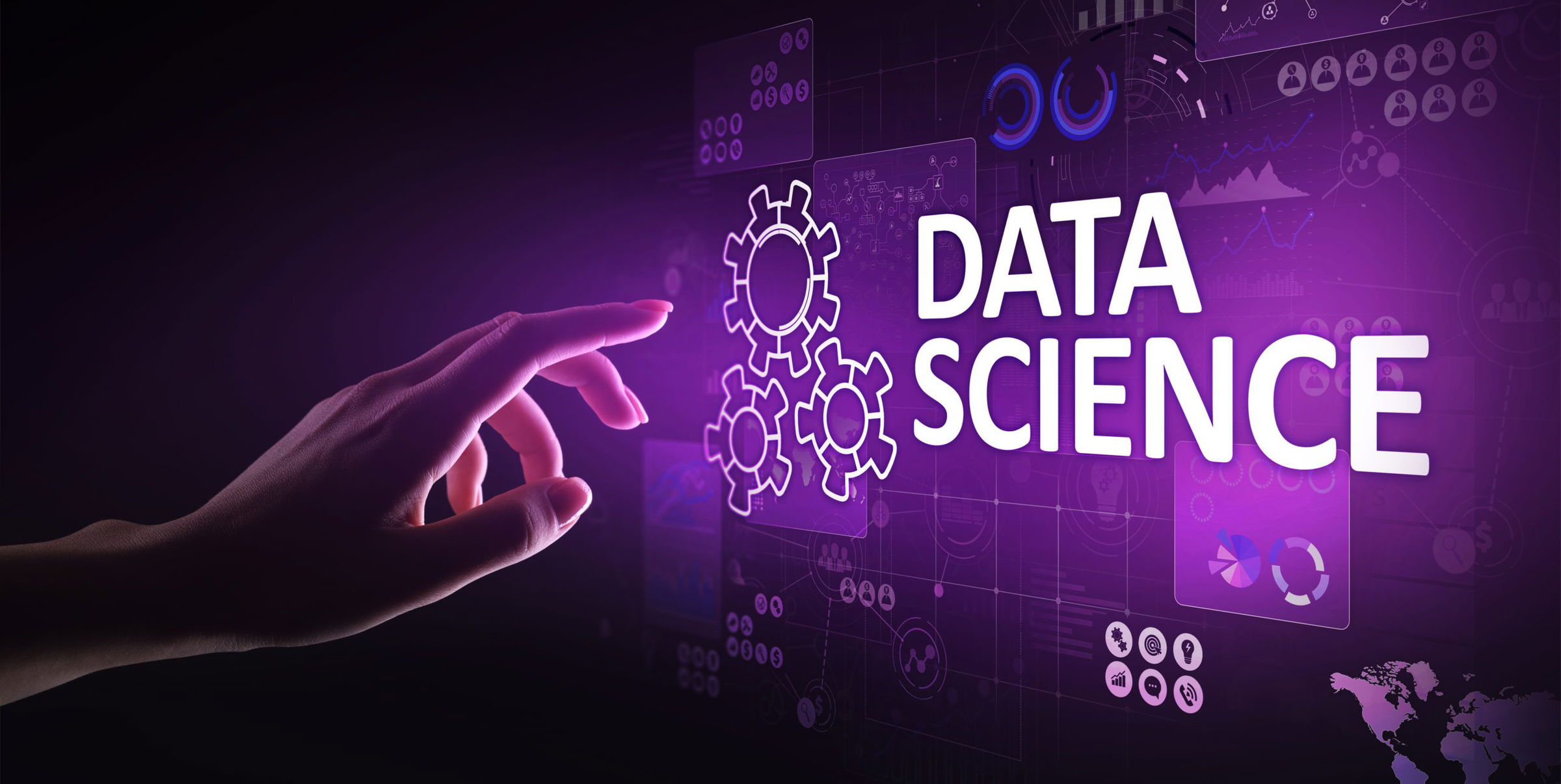Following the current technological transformations within the economy, there has been an emergence of enormous career options, wherein, Data Science is the hottest. According to the Glassdoor, Data Science arose as the highest-paid area. On the other hand, there is a significant field that has been gazing attention for years, i.e., Data Analysis. Both the Data Science and Data Analysis is often confused by the individuals.
However, the terms are incredibly different in accordance with their job roles and the contribution they do to the businesses. But, are these the only factors that make these two distinct from each other? Well, to know more we need to take a look below:
t
Also Read: Top 5 Data Science Trends in 2018
Data Analysis Data Science:
Data Analysis is referred to as the process of accumulating the data and then analyzing it to persuade the decision making for the business. The analysis is undertaken with a business goal and impact the strategies. Whereas, Data Science is a much broader concept where a set of tools and techniques are implied to extract the insights from the data. It involves several aspects of mathematics, statistics, scientific methods, etc. to drive the essential analysis of data
Skills:
The individuals misinterpret Data Analysis with Data Science, but the methodologies for both are diverse. The skillset for the two are distinct as well. The fundamental skills required for Data Analysis are Data Visualisation, HIVE, and PIG, Communication Skills, Mathematics, In-Depth understanding of R and Python and Statistics. On the other hand, the Data Science embed the skills like – Machine Learning, Analytical Skills, Database Coding, SAS/R, understanding of Bayesian Networks and Hive
Techniques:
Though the areas – Data Analysis and Data Science, are often confused about being similar, but the methodology is different for both. The methods used in the two are diverse. The essential techniques used in Data Analysis are – Data Mining, Regression, Network Analysis, Simulation, Time Series Analysis, Genetic Algorithms and so on. While, the Data Science involves – Split Testing, categorizing the issues, cluster analysis and so on
Aim:
Just like the areas are different, so are their goals. The Data analysis is basically about answering the questions generated, for the betterment of the businesses. While Data Science is concerned with shaping the questions followed by answering The Data science, as illustrated above, is a more profound concept

The era of Artificial Intelligence and Machine Learning is shaping the economy in a much more comprehensive aspect. The organizations are moving towards a data-driven decision-making process. The data is becoming imperative in functioning and is not limited to the Information Technology organizations.
It is soon taking over the industries like – Sports, Medicine, Hospitality, etc. Such technological advancements have led to a rise in job opportunities in the area of Data Science and Analysis. The merely significant facet which needs to be taken into consideration is the understanding of the difference between the two. Big Data is the future which is expected to lay a considerable impact on the operations of both industries and routine life.
Related Article: What a Data Scientist Could Do?


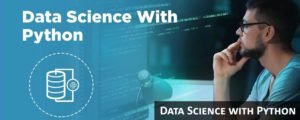 Data Scientists are the programmers who do these tasks for the organizations. Data Scientists gather a large quantity of data and convert it into a useful form, followed by recognizing data-analytics solutions for organizational growth.
Data Scientists are the programmers who do these tasks for the organizations. Data Scientists gather a large quantity of data and convert it into a useful form, followed by recognizing data-analytics solutions for organizational growth. The entry level salary of a Data Scientist is approximately INR 500,000 per annum (Source:
The entry level salary of a Data Scientist is approximately INR 500,000 per annum (Source:  Should know more interesting things about
Should know more interesting things about 

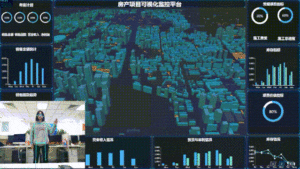
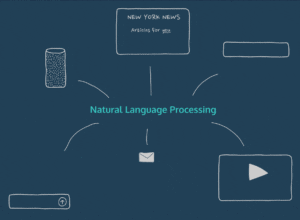
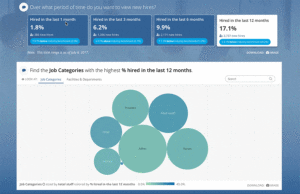 Data presented as contextual stories, rather than isolated data points, makes individuals more likely to understand the impact, decipher patterns and make more informed decisions.
Data presented as contextual stories, rather than isolated data points, makes individuals more likely to understand the impact, decipher patterns and make more informed decisions.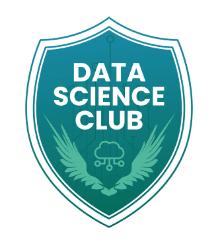
 You can bring the data science club to your college/university with just a simple process. They already have registered 30 colleges from locations like Delhi, Tamil Nadu, and Karnataka.
You can bring the data science club to your college/university with just a simple process. They already have registered 30 colleges from locations like Delhi, Tamil Nadu, and Karnataka.


 Other ways by which you can introduce an industry partnership include inviting company speakers, organising crash courses on industry software and even setting up placement interviews at these companies. The more you can help a student get their foot in the door, the higher the chances of them enrolling and recommending.
Other ways by which you can introduce an industry partnership include inviting company speakers, organising crash courses on industry software and even setting up placement interviews at these companies. The more you can help a student get their foot in the door, the higher the chances of them enrolling and recommending.
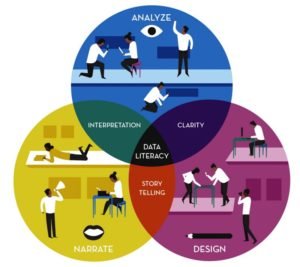 Data literacy gives people the power and the evidential backing to call out those intentionally or unintentionally propagating mistruths and fallacies through awry statistics. This way, data literacy plays a pivotal part in politics, economics and ethics of a society, indeed of the world.
Data literacy gives people the power and the evidential backing to call out those intentionally or unintentionally propagating mistruths and fallacies through awry statistics. This way, data literacy plays a pivotal part in politics, economics and ethics of a society, indeed of the world.
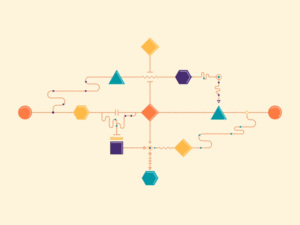 A data scientist is critical in companies like these, as they bring expertise to the table and understand the flow of projects much better than anyone else. With a data scientist at the helm, all other players in the process can fall into place. This reduces the pressure on upper management to figure out project flows; they can now leave it to the experts.
A data scientist is critical in companies like these, as they bring expertise to the table and understand the flow of projects much better than anyone else. With a data scientist at the helm, all other players in the process can fall into place. This reduces the pressure on upper management to figure out project flows; they can now leave it to the experts. This is an invaluable opportunity for fresh data scientists as the company takes care of all the costs and only asks for your attention and application in exchange. Adding a
This is an invaluable opportunity for fresh data scientists as the company takes care of all the costs and only asks for your attention and application in exchange. Adding a 